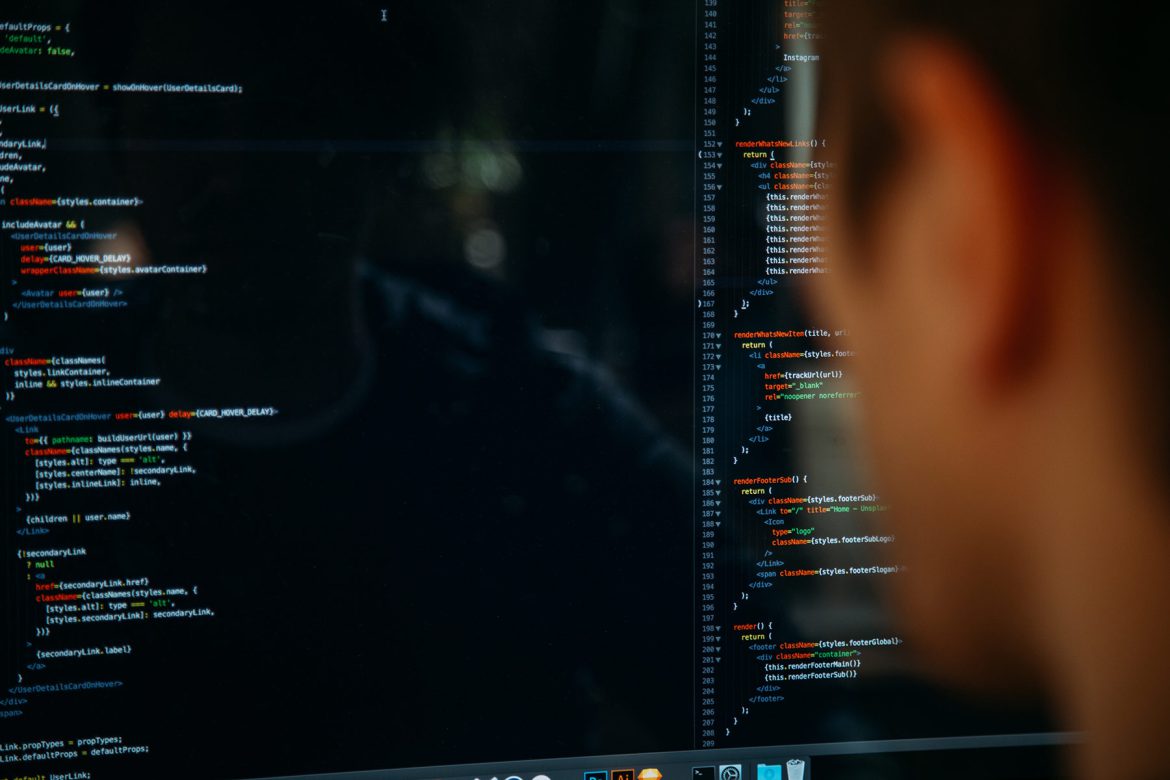Front-end development is a crucial aspect of web development, responsible for creating the visual and interactive elements of a website that users see and engage with. To excel as a front-end developer, you need a combination of technical skills and a creative mindset. In this article, we’ll explore the 13 essential skills you’ll need to become a proficient front-end developer, enabling you to craft user-friendly and visually appealing web experiences.
- HTML (Hypertext Markup Language) HTML is the backbone of any web page. A front-end developer should have a strong grasp of HTML to structure content, create headings, paragraphs, lists, links, and more.
- CSS (Cascading Style Sheets) CSS is used to style and format the HTML elements. Proficiency in CSS allows you to control layout, typography, colors, and responsiveness of a website. Understanding CSS selectors, specificity, and inheritance is crucial.
- Responsive Web Design Modern websites need to be responsive, adapting to various screen sizes and devices. Mastering techniques like media queries, flexible grids, and fluid layouts is essential to ensure a consistent user experience.
- CSS Preprocessors Familiarity with CSS preprocessors like Sass or Less can greatly enhance your productivity. They allow you to use variables, mixins, and nested rules, making your CSS more maintainable and organized.
- JavaScript and ES6 JavaScript is the programming language that adds interactivity and functionality to websites. A strong foundation in vanilla JavaScript is crucial, along with understanding modern features introduced in ES6 and later versions.
- Version Control/Git Version control is essential for collaborative development. Git, a widely used version control system, allows you to track changes, collaborate with others, and manage code effectively.
- Command Line Proficiency in the command line interface (CLI) enables you to navigate your system, run development servers, execute scripts, and manage projects more efficiently.
- Web Performance Optimization Speed matters for user experience and SEO. Learn techniques such as minimizing HTTP requests, optimizing images, and lazy loading to enhance website performance.
- Browser Developer Tools Browser developer tools like those found in Chrome and Firefox are essential for debugging, inspecting HTML/CSS, and analyzing network activity. Mastering these tools streamlines the development process.
- Front-End Frameworks Familiarity with front-end frameworks like React, Angular, or Vue.js can significantly boost your productivity when building complex web applications.
- Package Managers Tools like npm (Node Package Manager) and yarn are used to manage and install third-party packages and libraries, streamlining project setup and maintenance.
- Cross-Browser Compatibility Ensure your websites work consistently across different browsers and browser versions. Testing and understanding browser inconsistencies is key to providing a seamless user experience.
- Design Principles While not exclusively a technical skill, understanding design principles like typography, color theory, and layout can help you create visually appealing and user-friendly interfaces.
Conclusion
Becoming a skilled front-end developer requires a blend of technical expertise and a creative mindset. These 13 essential skills lay the foundation for your journey into front-end development. As the web continues to evolve, staying updated with the latest technologies and best practices is crucial to your success. With dedication, continuous learning, and hands-on practice, you can craft immersive and user-centric web experiences that leave a lasting impact.

